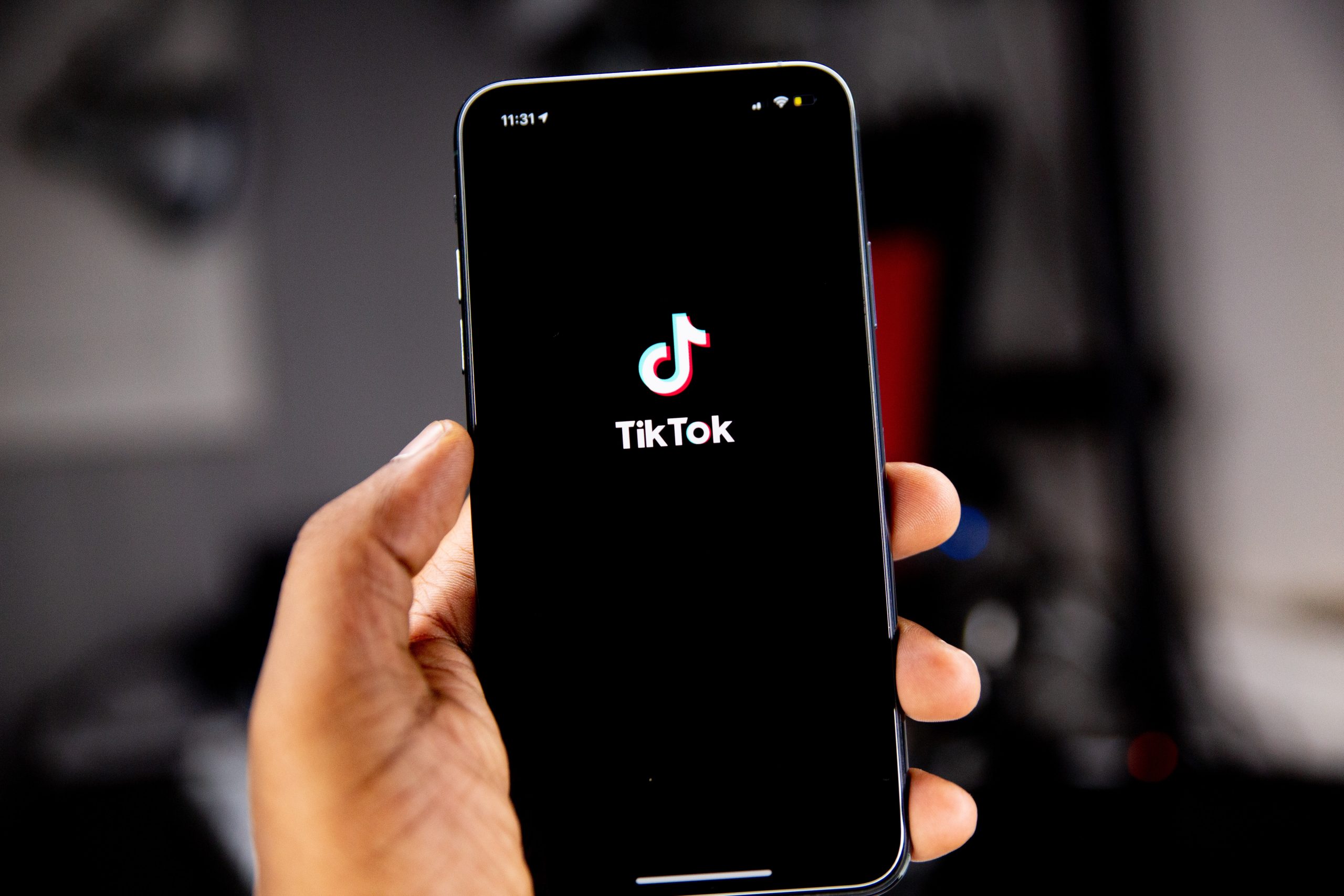The company is facing the possibility of being blocked in US as it continues to expand using new AI technologies.
TikTok CEO Shou Chew delivered a keynote address at the Qatar Economic Forum in the Gulf state on Tuesday, emphasising the significance of free expression on a global scale.
Chew’s speech shed light on TikTok’s decision to take legal action against the state of Montana in response to a proposed ban on the platform, slated to take effect on 1 January 2024. He also discussed new technologies, including AI and the future of Tiktok.
Speaking in a discussion with Bloomberg Television anchor Caroline Hyde, Chew asserted that TikTok firmly believes that any ban on platform to be unconstitutional.
“People use TikTok as a place for expression. It is a very different experience as you may know from the other apps that are available in the market, and this is one for discovery, for free expression and a lot of our users use TikTok to find their communities, to discover and to express themselves,” he said.
Touching on data security concerns and reported access to user data by the Chinese government, the CEO stressed that TikTok is not available in mainland China has never been asked by the Chinese government for US user data.
“TikTok is not available in mainland China today as we said many times. The Chinese government actually never asked us for US user data and we will not provide even if asked,” he said.
Regarding artificial intelligence (AI) and content moderation, Chew discussed the integration of machine learning in TikTok’s recommendation algorithm to enhance user experience. He also mentioned the potential of AI advancements, such as OpenAI’s Chat GPT product, to unlock new possibilities in content moderation and creation.
When asked about TikTok’s own language model, Chew acknowledged its interesting development in the industry and the company’s ongoing efforts to understand its implications. He stressed the importance of investing in understanding AI risks while avoiding stifling innovation, proposing a combination of regulations, transparency, and disclosure to navigate the evolving landscape of AI.
“The current progress of AI is truly very exciting and fascinating, and from everything we have seen so far, it could profoundly improve productivity across many things,” he said.
Debate around AI
The corporate world has also recognised the potential of AI. For instance BT, a British telecommunications group, has unveiled plans to implement AI technologies, aiming to cut up to 42% of its workforce by the end of the decade.
However, the rapid advancements in AI have raised concerns among the public.
A poll by Telegraph readers express apprehension about the fast pace of AI development, with 72% of respondents believing that AI is progressing too quickly.
Addressing these concerns, industry leaders such as Google CEO Sundar Pichai have emphasised the importance of responsible AI deployment and the integration of such technologies across various Google products.
Beyond productivity improvements, AI also holds promise in healthcare.
Researchers have made progress in using AI technologies to interpret MRI scans, translating them into text to gain insights into individuals’ thoughts and mental states. This breakthrough highlights the potential of AI in advancing medical diagnostics and understanding human cognition.
But not everyone is thrilled when it comes to AI and development.
A growing number of researchers, including Google AI Ethicist Timnt Gebru, have highlighted the lack of transparency and accountability in the development and deployment of AI technologies. She has criticised the secrecy surrounding AI algorithms and the limited access to data necessary for independent evaluation and audit of these systems.
Moreover, Gebru has expressed concerns about the concentration of power in a few major tech companies and the potential for AI technologies to exacerbate existing inequalities and power imbalances in society.
She advocates for more democratisation and inclusivity in the development and deployment of AI, promoting diverse perspectives and participation.







